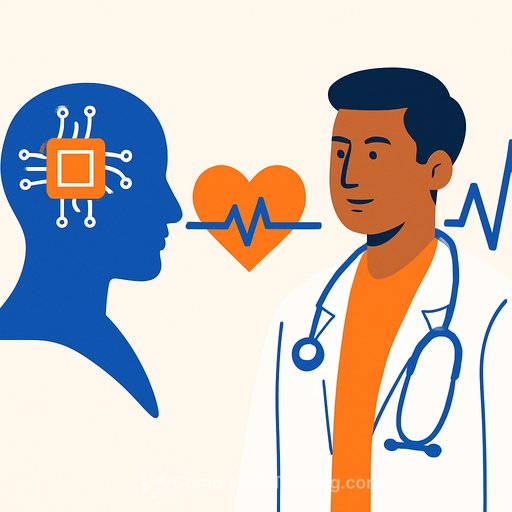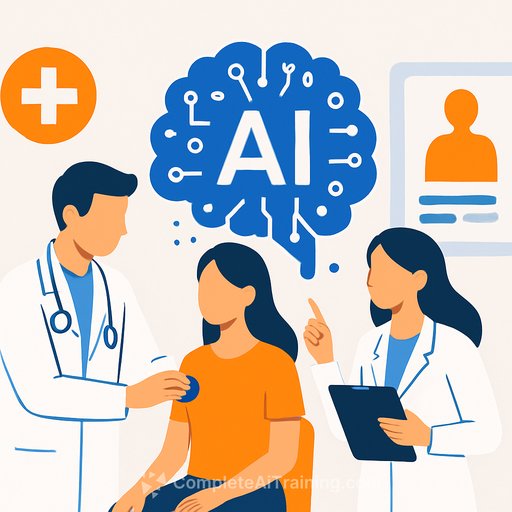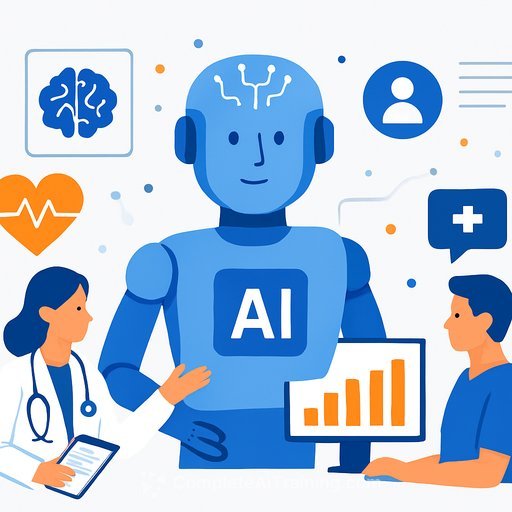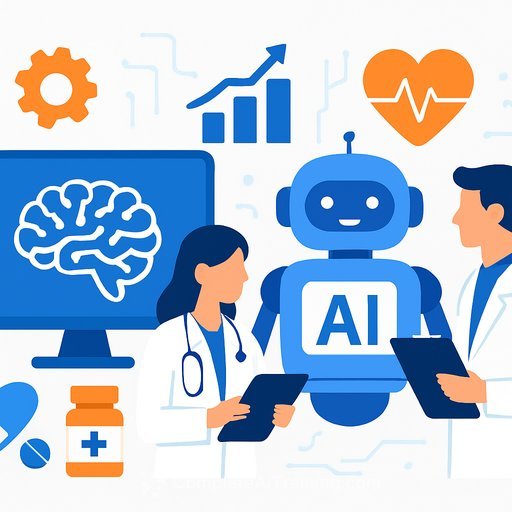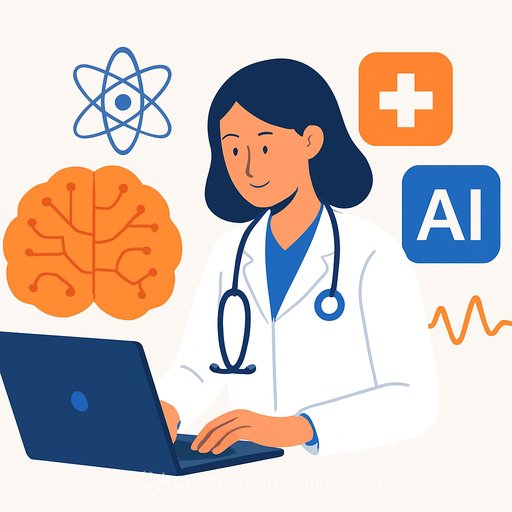AI in Cardiac Care: Can It Outpace Your Cardiologist?
Artificial intelligence (AI) is steadily making its way into Indian hospitals, with cardiac care as one of its first major testing grounds. Doctors are increasingly using AI to analyze scans and identify risks that might escape the human eye. This technology offers promise but also raises questions: Are cardiologists prepared to rely on AI, and how secure is patient data stored on overseas servers?
Kiran, a 62-year-old engineer recently hospitalized with unexplained palpitations, wished for a system that could detect cardiac issues early. This gap is what many Indian multi-specialty hospitals are trying to fill by integrating AI into cardiac diagnostics.
How Is AI Being Used in Cardiology?
At PSRI Hospital in Delhi, AI supports ECG analysis, echocardiography interpretation, and CT angiography image processing. According to Dr. Ravi Prakash, senior consultant cardiologist, AI helps spot subtle abnormalities and prioritize high-risk patients faster. Diagnosis times have dropped from hours to minutes in some cases, and early optimized treatments have reduced heart failure readmissions.
Pankaj Chandna, co-founder of Vaidam Health, highlights key AI applications relevant to cardiology:
- AI-assisted echocardiography for rapid detection of structural abnormalities
- Predictive analytics combining clinical and lifestyle data to identify at-risk patients
- AI-enabled ECG analysis to detect early arrhythmias or ischemic changes
Many top private hospitals in India are already using at least one of these tools regularly, with echo reading and risk prediction platforms being the most common.
Reliability and Validation of AI Models
While AI models show promise in predicting cardiac events, they are not flawless. Hospitals validate them against historical patient data and conduct pilot trials under human supervision before routine use. Any AI-generated alerts are cross-checked with clinical judgment before decisions are made.
Impact on Diagnostic Accuracy and Patient Outcomes
AI can reduce variability in diagnoses, shorten reporting times, and promote early disease detection. Though formal statistics are limited, some institutions report quicker diagnoses and improved early detection rates, benefiting patient care and potentially prolonging life.
Data Privacy and Security Concerns
Cardiac care involves sensitive patient data. Hospitals use strong encryption and anonymize patient identifiers before uploading data to cloud servers. Agreements with cloud providers comply with Indian IT laws and global medical data protection standards. Whenever possible, AI processing is moved on-premise to reduce data exposure outside India.
The Role of Cardiologists in AI-Driven Care
Cardiologists remain the final decision-makers. AI tools inform but do not replace the nuanced judgment doctors provide. When AI recommendations conflict with clinical judgment, doctors investigate further rather than blindly accept or reject the suggestions.
The Future of AI in Cardiac Care
In the next three to five years, autonomous AI could manage routine monitoring, medication adjustments, and early warning alerts, reducing the need for constant doctor input. This would allow cardiologists to focus on complex cases. Still, human oversight will be essential to ensure patient safety and maintain trust.
Regulatory Needs Before Advanced AI Adoption
Clear guidelines for advanced medical AI are still missing in India. Essential safeguards include clinical validation on Indian patient populations, independent audits of AI algorithms, and transparent decision-making logic disclosures. Without these, there's a risk of inappropriate reliance on AI outputs.
Building Homegrown AI Models
Indian patients often have different disease presentations and risk factors than Western populations. Locally developed AI models could improve accuracy. Challenges include the lack of large, standardized datasets and limited funding for healthcare AI development.
Medical Tourism and AI-Enabled Cardiac Care
Vaidam Health connects patients worldwide to leading NABH- and JCI-accredited hospitals. Many cardiology departments now highlight AI-enabled echo and predictive risk modeling to attract international patients.
Indian hospitals with adequate infrastructure and trained personnel match the AI sophistication seen in medical tourism hubs like Singapore and Thailand. Some report shorter hospital stays and fewer readmissions after elective cardiac procedures, though large-scale studies are pending.
AI-assisted cardiac care appeals to patients seeking precise and preventive treatments, especially for angioplasty, valve procedures, and arrhythmia care. Screening with AI risk models also offers potential for wellness-focused medical travelers. Data shows growing inbound patient interest in hospitals integrating AI for pre-procedure screening and post-operative monitoring.
Cost Considerations of AI in Cardiology
AI-assisted diagnostics may lower overall treatment costs by reducing complications and unnecessary procedures, despite higher initial equipment expenses. Early indications suggest these efficiencies could make AI-based cardiology cost-neutral or even cost-saving over time.
Operational and Infrastructure Challenges
Key hurdles include integrating AI into legacy systems, staying compliant with evolving privacy regulations, and ensuring continuous staff training. Strong IT infrastructure and secure data practices are fundamental.
Preparing for Near-Autonomous AI Decision-Making
Hospitals should invest in secure systems, train staff on AI tools, and establish ethical review boards to oversee autonomous decisions. Patient education about AI’s role in care is crucial to maintaining confidence and transparency.
Outlook on AI Adoption in Indian Cardiology
As AI software costs decrease and supportive policies and insurance coverage expand, adoption in Indian cardiac care is expected to grow steadily over the next five years.
For healthcare professionals interested in advancing their AI knowledge, exploring relevant courses on Complete AI Training can provide practical skills to integrate AI tools effectively in clinical settings.
Your membership also unlocks:

